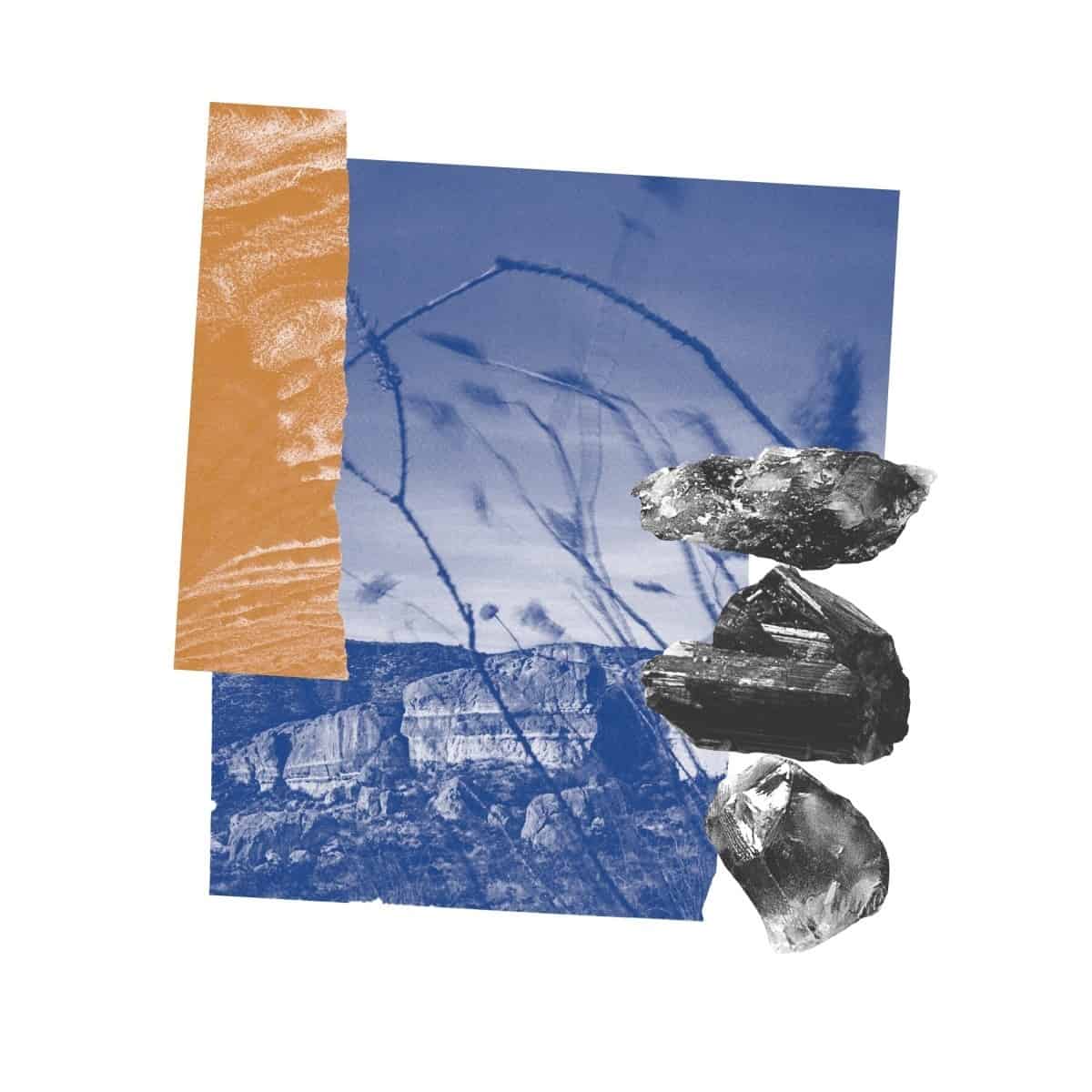David Allred’s Driving Through the Aftermath of a Storm on a Clear Day is a strange, enveloping little record. Meditative to a T, the LP’s 11 compositions – which sit somewhere near the intersection of post-classical chamber music and more ambient explorations – have a calming effect over the listener that’s almost instructive.
Allred also carefully details his pieces with wondrous and often self-reflexive details that further drive home that point. On “Wave,” the understated album opener, and the wonderful “Lizard In The Spring,” it’s the wincing of aging piano keys or the cushioned seat on which Allred is sitting – as if we’re sitting right there with him, as much a part of the creative process as the afterbirth. On “Driving,” at 4:43 the record’s longest offering, it’s the echo-chamber recording of the machine that’s recording the proceedings – can’t get more meta than that. On “Dat Hibiscus,” it’s the sound of a creaking guitar neck and a voice nearly indistinguishable from the synth wash that engulfs it. But Allred, who’s no novice, rises above any gimmickry with pieces that are alarmingly simple at first glance, deceptively deep and wide on second listening, and downright devastating thereafter. If nothing else, Driving Through the Aftermath of a Storm on a Clear Day lives up to its matter-of-fact title: this is music created within but somehow above or outside of a tumultuous world, where something dour lingers but all trace of the conflict is simply in the handwriting on the wall.
The inter-song narrative on the LP deserves mention. Though it’s difficult to decipher if the 11 songs, in fact, form a narrative circle, Allred revisits themes and motifs regularly, lending the record – again: closeness to the process – the feeling that you’re watching its fragments unfold almost as a participant. But as much as the staccato fingering of “Potato” on guitar resembles the pace of the piano on “Daylight,” Allred keeps things alarmingly fresh with, again, the little details; on “Potato,” there’s a sweep of strings on synthesizer that takes listeners out at the knees. Then, there’s “Sweet Potato.” Though it’s not necessarily the record’s most fully formed movement, there’s a linear trajectory and sense of growth to it that underlines its maturity. (The somewhat muted horns don’t hurt.) About a minute in, there’s this pause where Allred reverts to soft, fluttering high notes and the chords get hammered out with a painful resolve – it’s emotive stuff and one of the finest moments of musical clarity on a record full of them. “Sweet Potato” then segues into a wonderful, faux-perky piano reprise that, if it’s not about a fading childhood, I don’t know what is.
The record is chock-full of wondrous little moments – from the sweet timbre of freshly strung acoustic guitar strings forming the backbone of a melody (“Portland Nursery”) to the resolution of a piano’s high notes, played, fluttering in clusters, almost like a toy piano (“Wave”). Allred also can be masterful at telling listeners what emotional responses they should conjure. On the aforementioned “Lizard in the Spring,” his piano progressions, complete with breathily recorded strings, seep remorsefulness. On the opening of “Dandelion,” he manages to equate a sound with the feeling of being sad and not wanting to get out of bed in the morning. You haven’t heard clear-eyed resolution until you’ve heard “Daylight,” the record’s very intimate closer.
Allred is no novice – and doesn’t sound anything like one. He’s been releasing records steadily since Old Home, his solo debut, arrived in 2013. It’s hard to say where Driving Through the Aftermath of a Storm on a Clear Day fits in the narratives written about and between previous releases. One thing’s for certain, though: those finding Allred for the first time here will be utterly blown away. — Justin Vellucci, Spectrum Culture, Feb. 2, 2022
-30-




